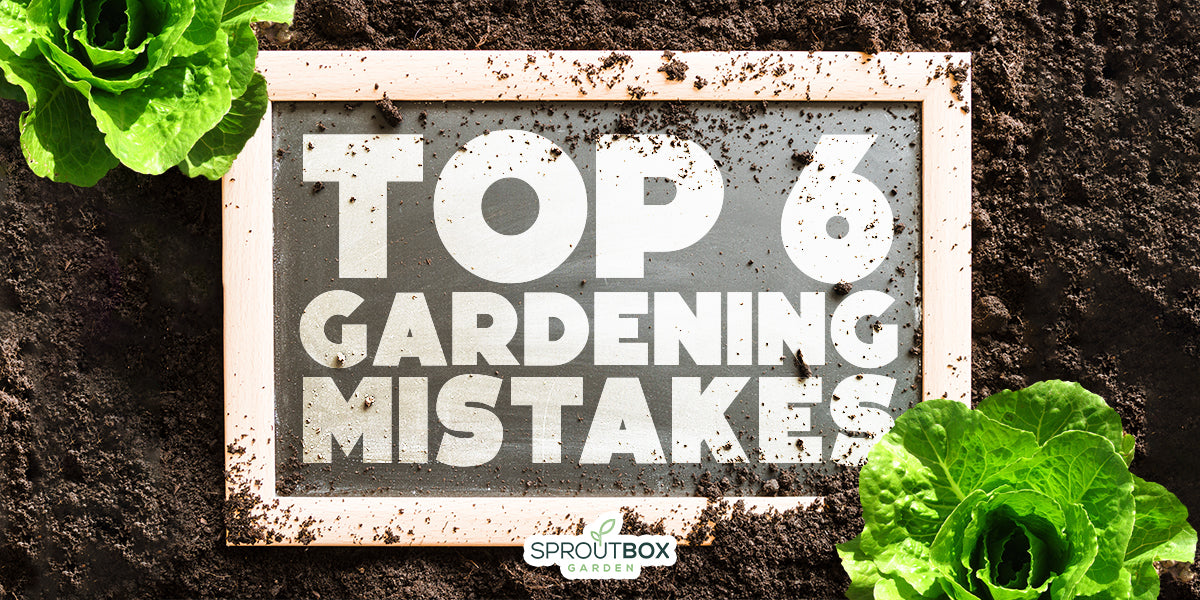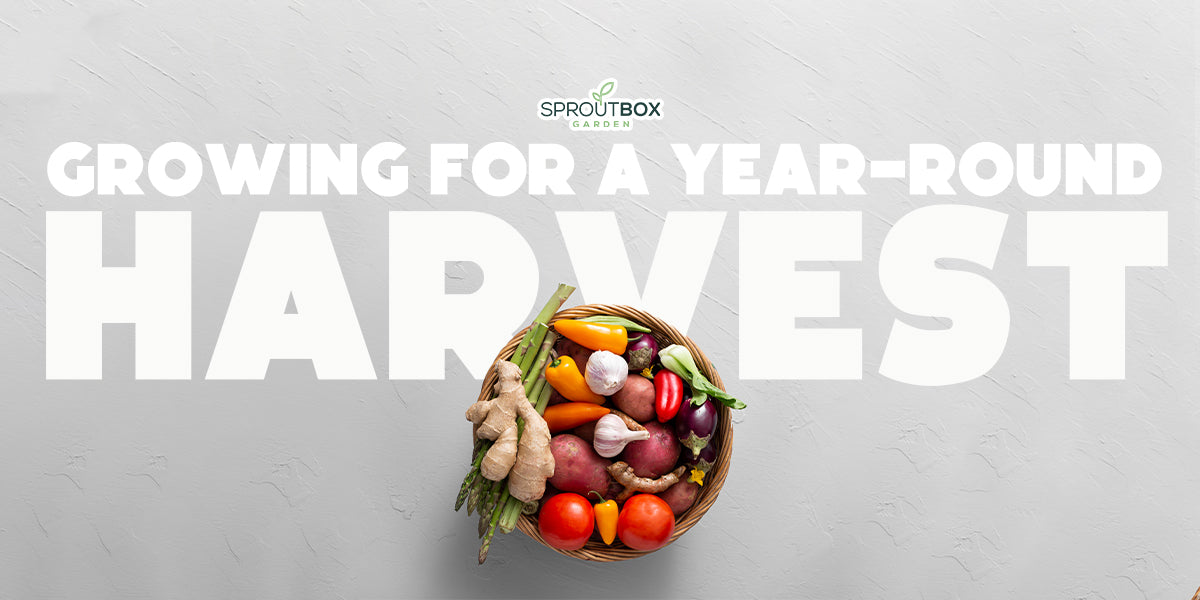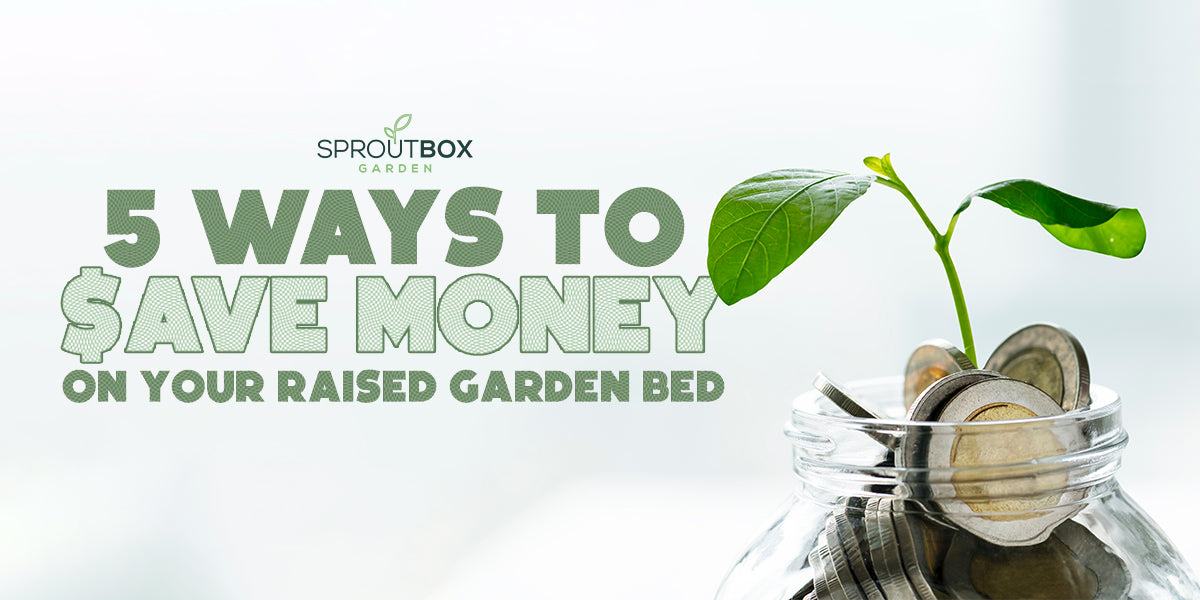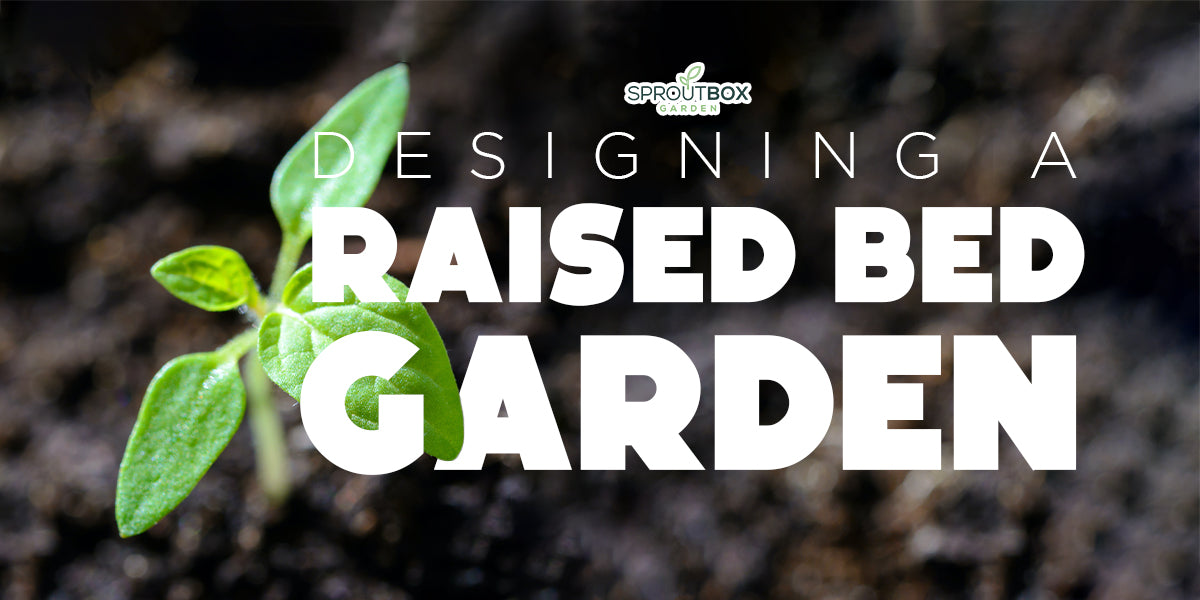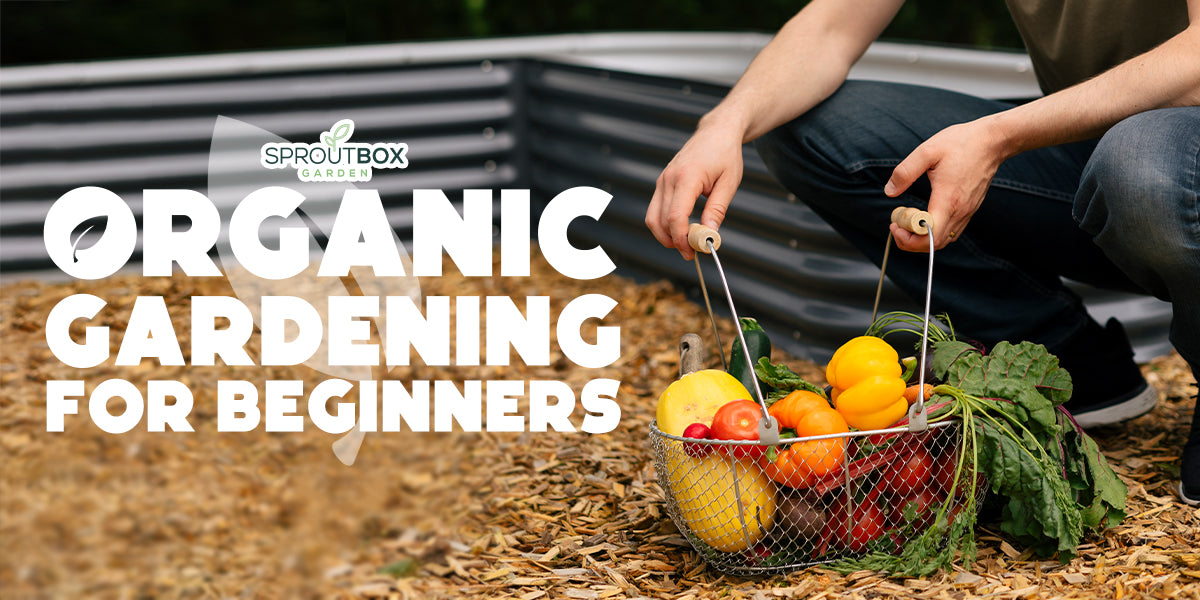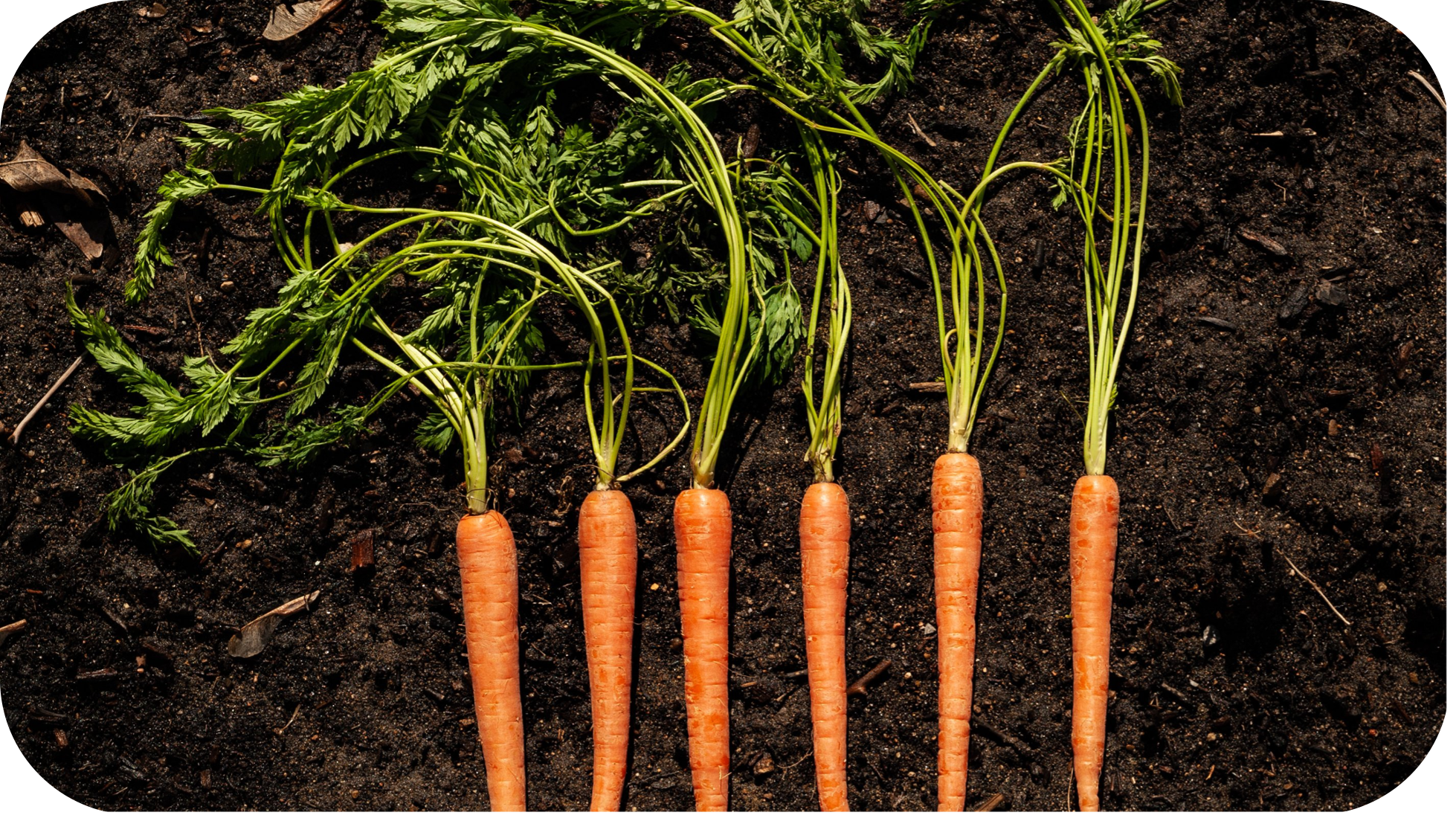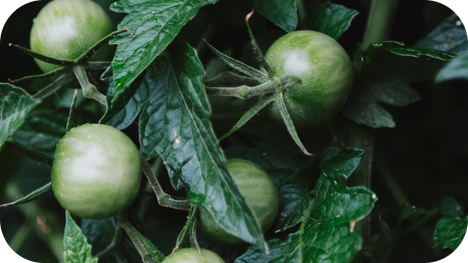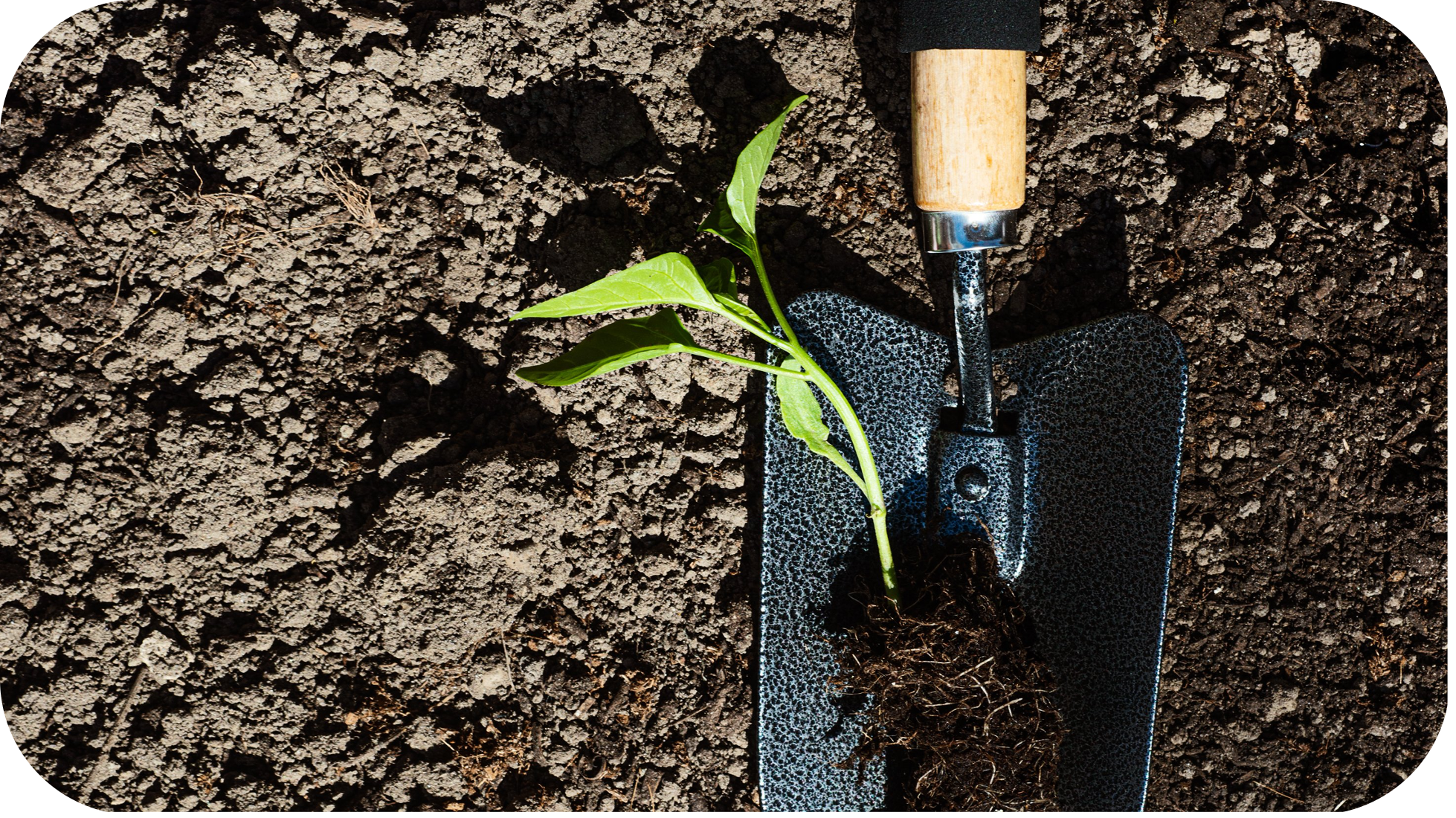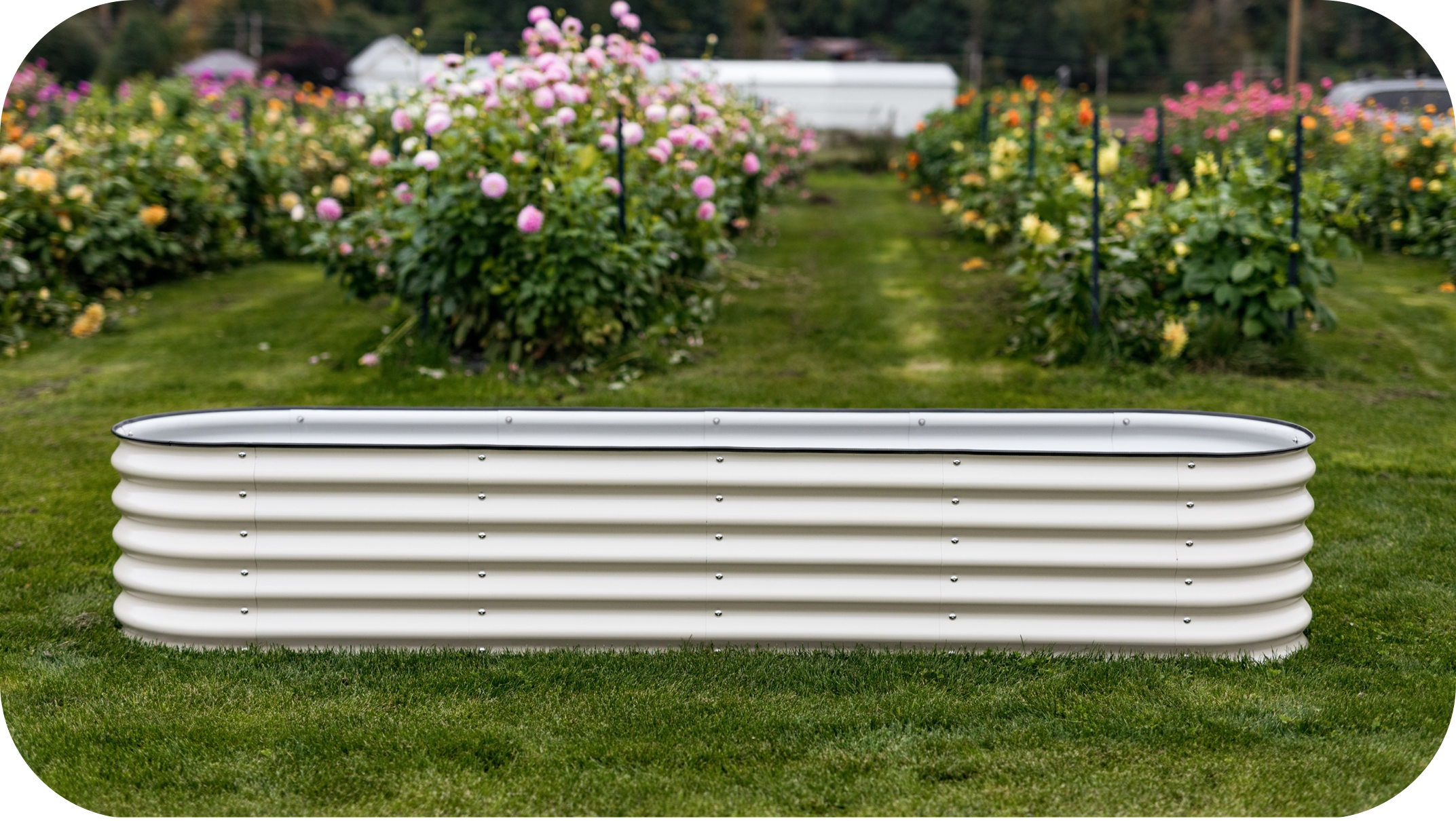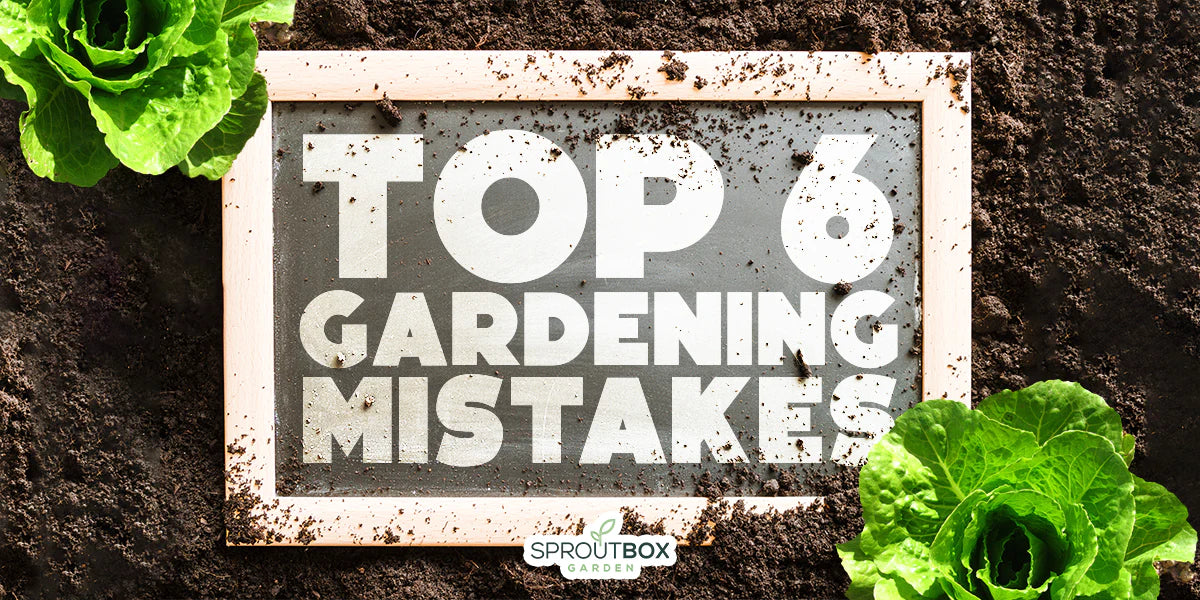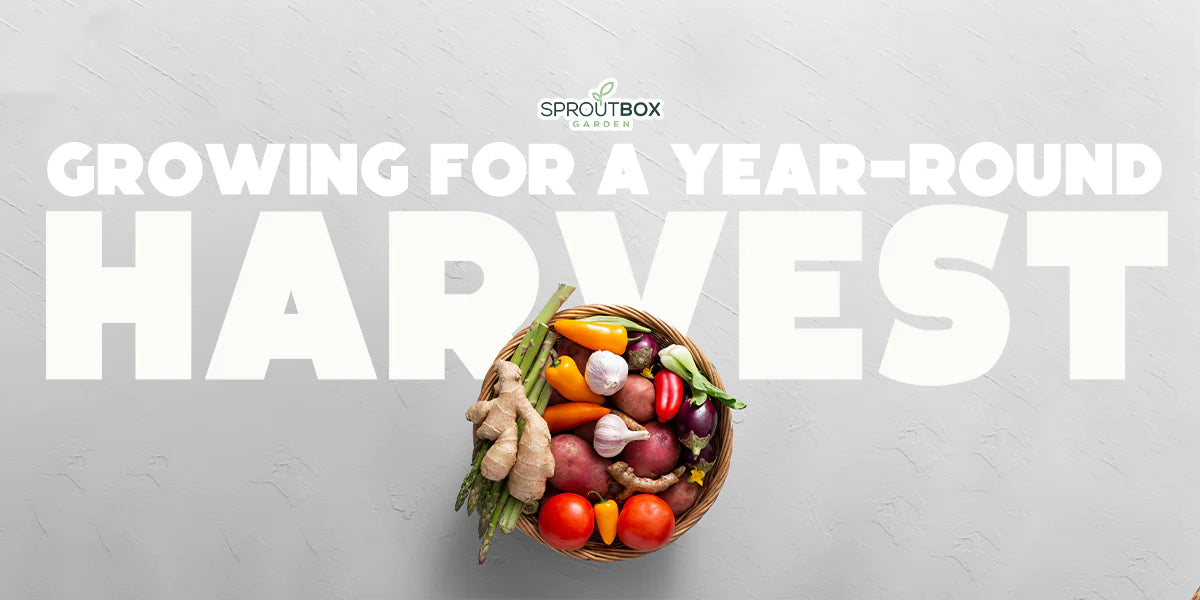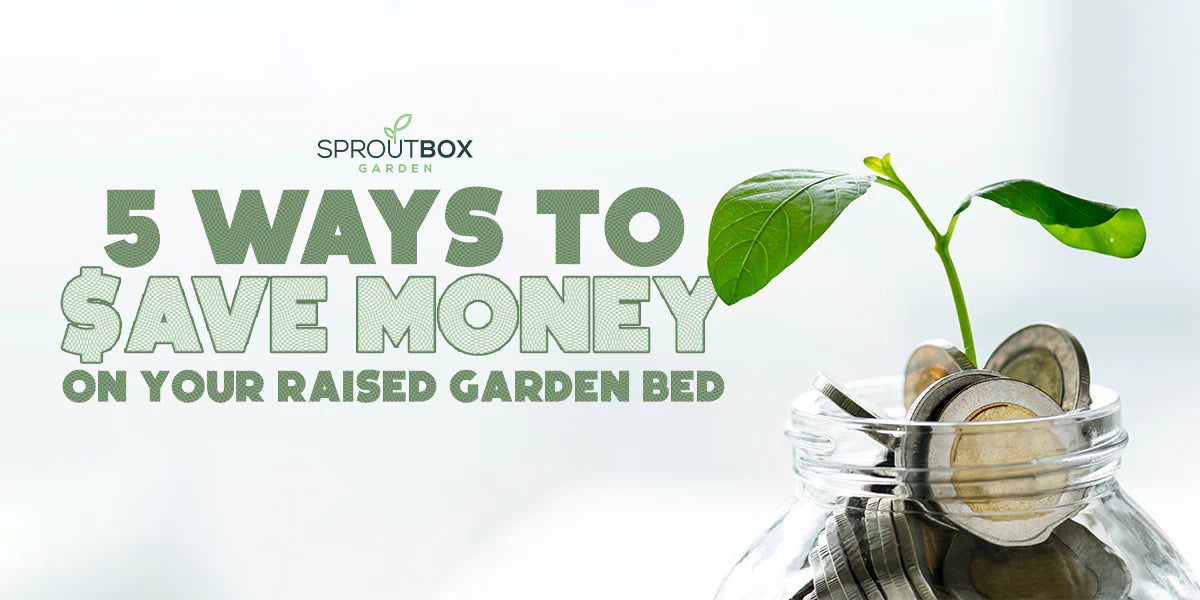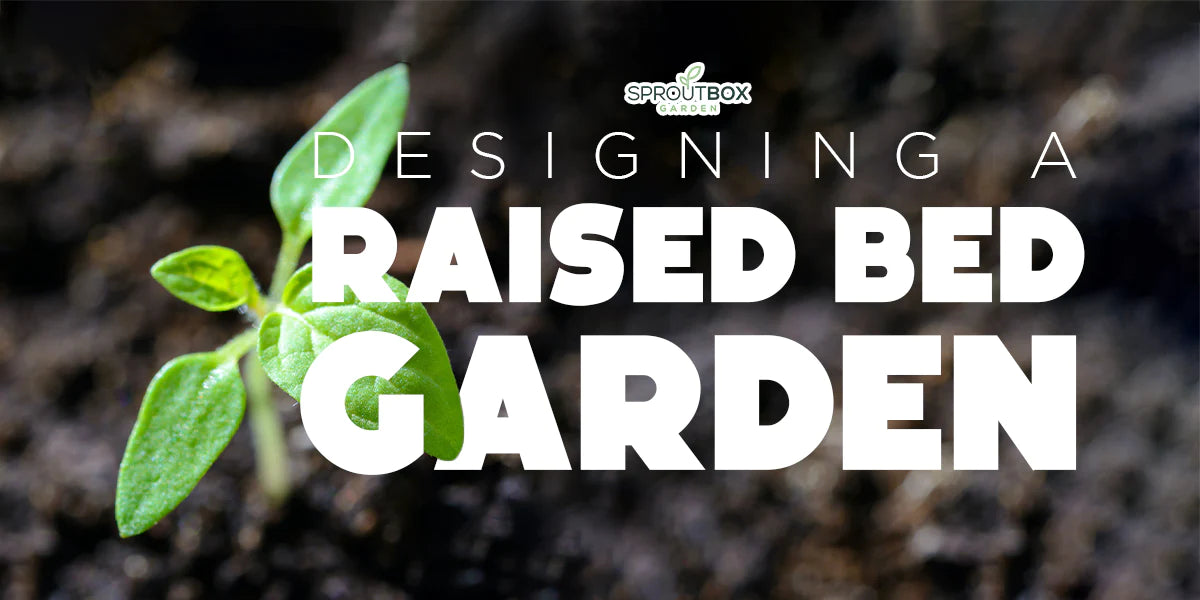April 07, 2023
Avoid These 6 Common Mistakes When Raised Bed Gardening
Raised bed gardening can be a great way to grow vegetables in a small space and control the quality of your soil. However, even experienced gardeners can make mistakes that can harm their plants and yield.
In this article, we'll discuss the 6 most common mistakes people make when raised bed gardening and provide you with actionable solutions.
1. Overcrowding your plants
It's tempting to plant as many vegetables as possible in your raised bed garden, but overcrowding your plants can lead to stunted growth, disease, and low yields. Plants need space to grow, and if they're too close together, they'll compete for resources like sunlight and nutrients.
Solution: When planning your garden, make sure to space out your plants according to their specific needs. You can also use companion planting to maximize the space in your garden and benefit from plants that work well together.
Check out our guide on planning and designing a thriving garden here.
2. Using poor-quality soil
One of the biggest advantages of raised bed gardening is that you can control the quality of your soil. However, using poor-quality soil can lead to problems like nutrient deficiencies, drainage issues, and diseases.
Solution: Invest in high-quality soil or create your own by composting kitchen scraps and other organic matter. Test your soil periodically to make sure it has the right balance of nutrients and adjust as needed.
Luckily, we have a step-by-step guide on how to choose the right soil for your garden.
3. Neglecting to water properly
Plants need water to survive, but over or under-watering can harm your plants and lead to a poor yield.
Solution: Different plants have varying water requirements, so it's important to understand the specific needs of the plants you're growing in your raised bed garden. For example, leafy greens such as lettuce and spinach require more frequent watering than root crops like carrots and potatoes. Similarly, tomatoes and peppers need consistent moisture but can be prone to diseases if they are overwatered, while herbs like rosemary and thyme prefer dry soil.
One way to determine if your plants need water is to stick your finger about an inch into the soil. If it feels dry, it's time to water. However, be careful not to water too frequently, as this can lead to root rot and other issues. It's better to water deeply and less often than to water lightly and frequently.
Another important factor to consider is the time of day when you water. It's best to water in the morning, as this allows the plants to absorb the moisture before the heat of the day evaporates it. Avoid watering in the evening, as this can promote fungal growth.
By understanding the unique watering needs of your plants and following best practices for watering, you can help ensure a healthy and thriving garden in your raised bed.
4. Failing to rotate crops
Planting the same vegetables in the same spot year after year can lead to depleted soil, pest problems, and disease.
Solution: Practice crop rotation by moving your vegetables to different spots in your garden each year. This will help keep your soil healthy and prevent pests and diseases from taking hold.
Check out the ‘Crop Rotation’ section of our year-round gardening guide here.
5. Not taking care of pests and diseases
Pests and diseases can wreak havoc on your garden if left unchecked. Common culprits include aphids, slugs, and powdery mildew.
Solution: One easy way to prevent pests in your raised bed garden is to keep it clean and tidy. This means regularly removing any dead or decaying plant matter and weeds, as these can attract pests and diseases. You can also consider adding a layer of mulch to your garden, as this can help suppress weeds and retain moisture while also deterring some pests.
When it comes to identifying pests, it's important to keep an eye out for signs like chewed leaves, holes in fruits or vegetables, and discoloured or wilting plants. Some pests, like aphids, can be seen with the naked eye, while others, like spider mites, may require a magnifying glass to spot.
If you do identify pests in your garden, it's important to take action early to prevent them from spreading. This can include using natural remedies like neem oil or introducing beneficial insects like ladybugs or praying mantises to your garden. You can also consider planting pest-repellent plants like marigolds or garlic around the perimeter of your garden to help deter pests.
Lean into your local garden centre staff for more information on how to deal with the most common pests in the area or if you stumble upon a mighty stubborn one. There is nothing like having a local gardening mentor!
6. Choosing the wrong raised garden bed.
Not all raised garden beds are created equal, and choosing the wrong one can impact the health and productivity of your plants. Cheap plastic or wooden beds can deteriorate over time, leaching chemicals into the soil and harboring pests and disease. And even metal-raised beds can become a problem. Aluminum bed don’t last very long, and can also leech industrial chemicals into your soil.
Solution: Aluzinc steel raised garden beds, on the other hand, are durable, non-toxic, and resistant to rust and corrosion. A Sproutbox Garden metal raised bed is the perfect solution, built to last up to 20 years, so you can enjoy a healthy, productive garden year after year.
Check out Sproutbox Garden metal raised beds here.
By avoiding these common mistakes and implementing the solutions provided, you can ensure that your garden thrives and provides you with fresh produce all season long. And if all else fails, just remember to have fun and enjoy the process – after all, gardening is supposed to be enjoyable!


